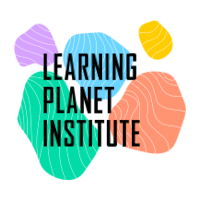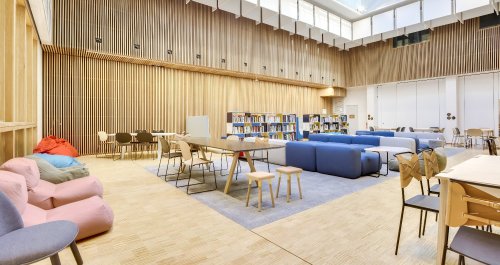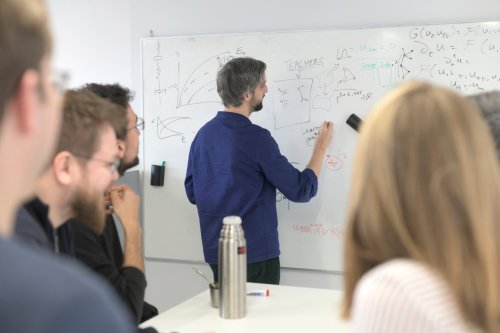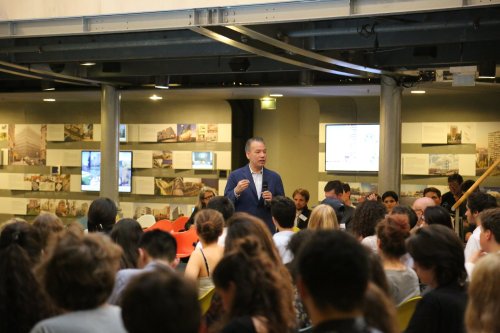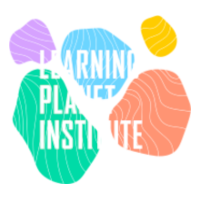
Learning Planet Institute websites
-
 Learning Planet Institute
Learning Planet Institute
-
 R&D
R&D
-
 ELIS
ELIS
-
 Bâtisseurs de Possibles
Bâtisseurs de Possibles
-
 FdV Licence
FdV Licence
-
 Bachelor ACT
Bachelor ACT
-
 AIRE Master
AIRE Master
-
 FIRE Doctoral School
FIRE Doctoral School
-
 LearningPlanet Alliance
LearningPlanet Alliance
-
 Challenge Institute
Challenge Institute
Learning Planet Institute apps
